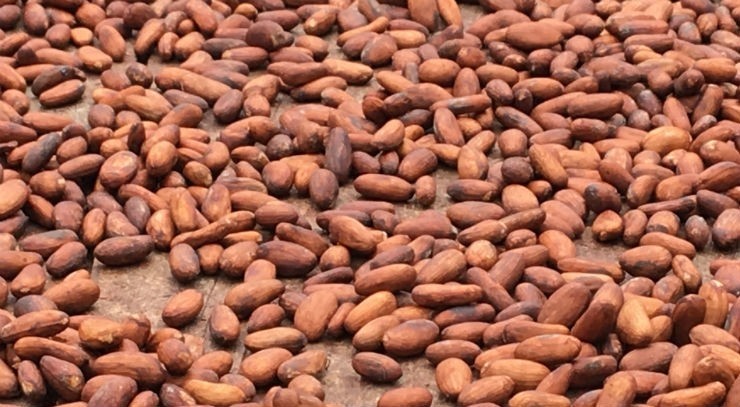Professor Alexander Yaw Debrah, Dean of the Faculty of Allied Health Sciences at Kwame Nkrumah University of Science and Technology (KNUST), has called for elephantiasis and hydrocele management to be included in the National Health Insurance Scheme (NHIS).

He believes this would enable patients to receive medical attention during pain attacks.
Professor Debrah also advocates for placing elephantiasis patients on the Livelihood Empowerment Against Poverty (LEAP) program.
He argues that LEAP, a government initiative aimed at reducing extreme poverty among the most vulnerable, could significantly improve the lives of patients, especially those in remote areas.
In his Professorial Inaugural Lecture titled ‘Eliminating Filarial Diseases: A New Hope for an Old Battle,’ Professor Debrah emphasized that LEAP would provide crucial support to patients in remote communities.
“NTD control should be a priority in our national health policies. Filarial diseases like all the NTDs affect the poorest of the poor.
Our data has shown that Elephantiasis patients cannot afford the basic medical bills.
We therefore need to add Elephantiasis and hydrocele management to the list of national health insurance diseases.
Also, as a nation, we need to include Elephantiasis patients on the Livelihood Empowerment against Poverty (LEAP), which is a social protection intervention by the government of Ghana with the aim of reducing extreme poverty.
This will improve the quality of lives of the Elephantiasis patients,” he stated.
























































![[FREE FREE MONEY] Predict and Win a Guaranteed GH¢200 From Us EVERY WEEK](https://wordpress.ghanatalksradio.com/wp-content/uploads/2022/02/Predict-and-Win-Final-09-03-2021-218x150.jpg)
![[Predict & Win – 8th/Oct.] WIN A Guaranteed ¢200 From Us This Week](https://wordpress.ghanatalksradio.com/wp-content/uploads/2021/10/maxresdefault-16-218x150.jpg)
![[Predict & Win – 2nd] WIN A Guaranteed ¢200 From Us This Week](https://wordpress.ghanatalksradio.com/wp-content/uploads/2021/09/maxresdefault-50-218x150.jpg)
![[Predict & Win – 25th] WIN A Guaranteed ¢200 From Us This Week](https://wordpress.ghanatalksradio.com/wp-content/uploads/2021/09/maxresdefault-36-218x150.jpg)
![[Predict & Win – 18th] WIN A Guaranteed ¢200 From Us This Week](https://wordpress.ghanatalksradio.com/wp-content/uploads/2021/09/maxresdefault-23-218x150.jpg)






![[National cathedral] See full list of churches that have contributed since 2018](https://wordpress.ghanatalksradio.com/wp-content/uploads/2020/09/Ghana-National-Cathedral-GhanaTalksRadio-100x70.jpg)



